The Fourth Plinth
Originally meant to hold a statue of King William IV, this support sat empty for years. Today, it hosts a rotating cast of public artwork.
The northernmost plinth in Trafalgar Square has been an empty throne for quite a long time, home to no one until the first of the numerous public art installations was launched in 1998. It has since garnered international attention for its diverse commissions often dealing with contemporary issues.
One of the four plinths standing on each corner of Trafalgar Square, the Fourth Plinth (as its name suggests) was the last to be completed, designed by Sir Charles Barry and built in 1841. On these plinths stand the statues of Henry Havelock, Charles James Napier, and George IV, and the fourth was originally to follow suit, intended to hold an equestrian statue of King William IV.
The project, however, was called off due to insufficient funds, and the plinth remained bare for the next 150 years. In 1998, RSA—the Royal Society for the encouragement of Arts, Manufactures and Commerce—commissioned three art projects to be temporarily installed on the plinth, starting with Mark Wallinger’s Ecce Homo, a life-size marble sculpture of a hairless Jesus.
Following the project’s conclusion in 2001, a new commission was conceived by the Mayor of London’s Culture Team. This was headlined by Marc Quinn’s torso-bust of Alison Lapper, an artist who was born with no arms and shortened legs due to a condition called phocomelia. It then went on to hold a new art installation almost every few years, including Yinka Shonibare’s Nelson’s Ship in a Bottle, Katharina Fritsch’s Hahn/Cock, and Michael Rakowitz’s The Invisible Enemy Should Not Exist.
Over the years, the Fourth Plinth has become one of the most famous public art spaces in the world. But outside the art world, its background is not so widely known and many pass by the area while oblivious to its fascinating history. Currently, it is home to Antelope by Samson Kambalu, a sculptural reenactment of the last known photograph of John Chilembwe, a Baptist pastor who led Nyasaland’s (unsuccessful) uprising against British colonial rule in 1915.
With the recent passing of Queen Elizabeth II in 2022, there was talk that a statue would be erected in her likeness honor on the Fourth Plinth. However, a spokesperson for the organization that oversees the undertaking and selection, says that there are already artist lined up for the next half decade.
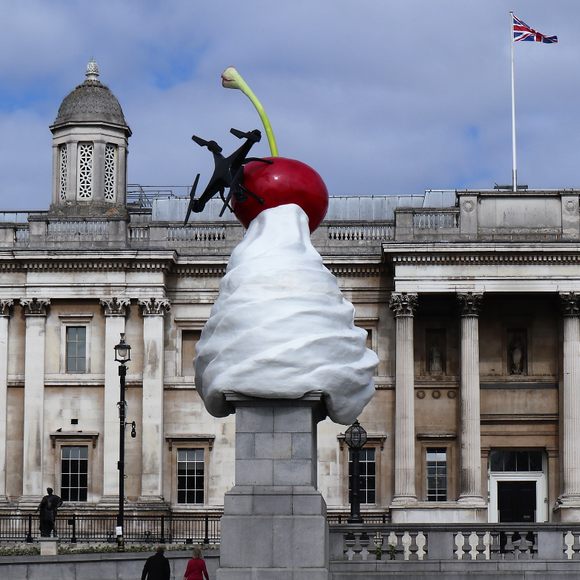


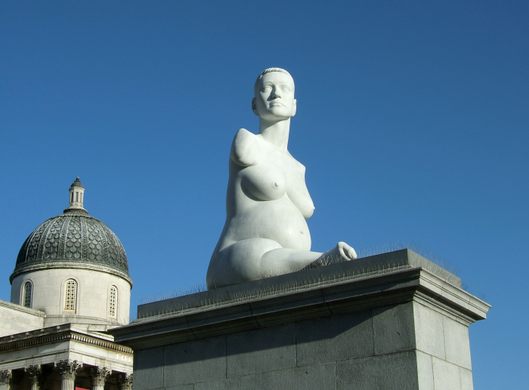
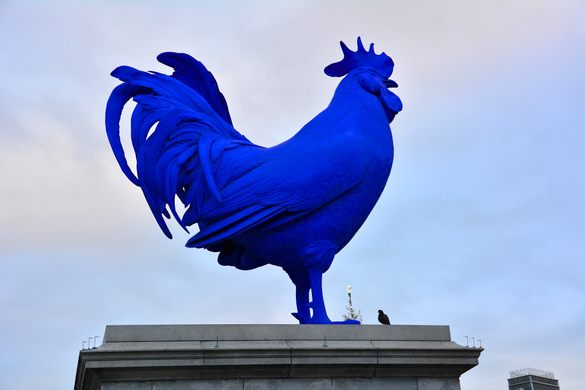


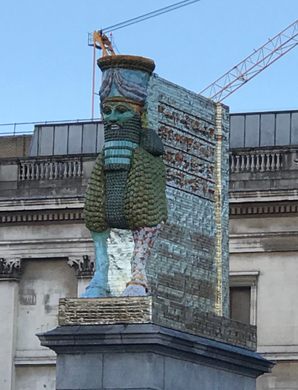





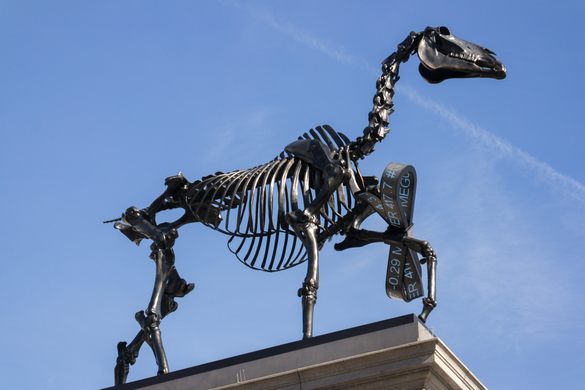
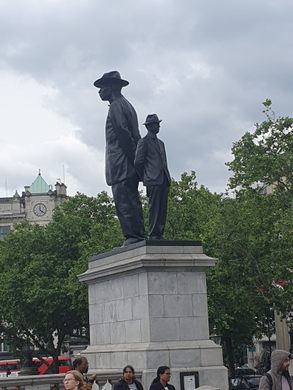

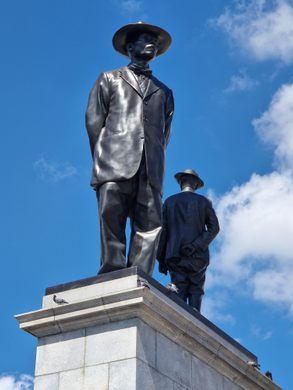
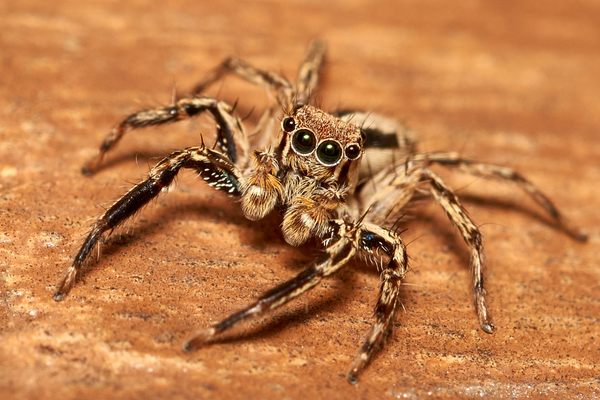










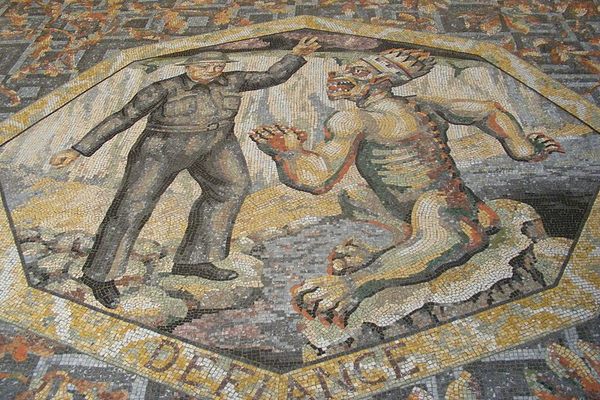


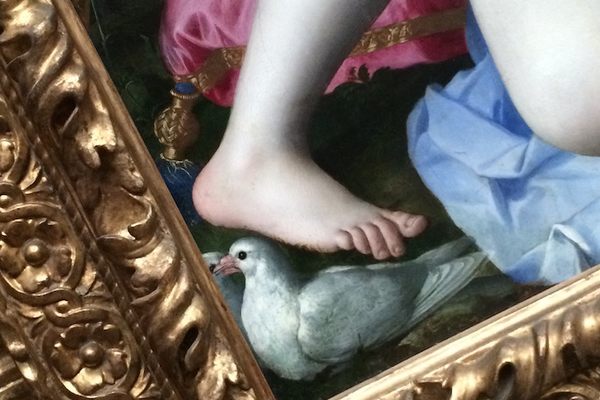
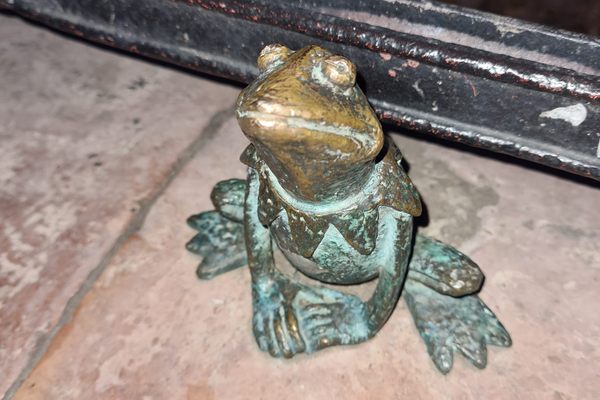
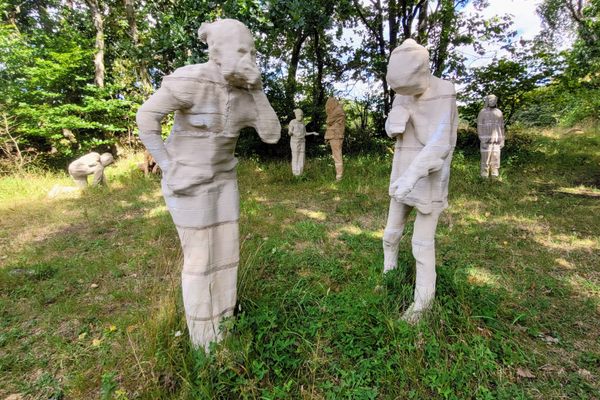



Follow us on Twitter to get the latest on the world's hidden wonders.
Like us on Facebook to get the latest on the world's hidden wonders.
Follow us on Twitter Like us on Facebook